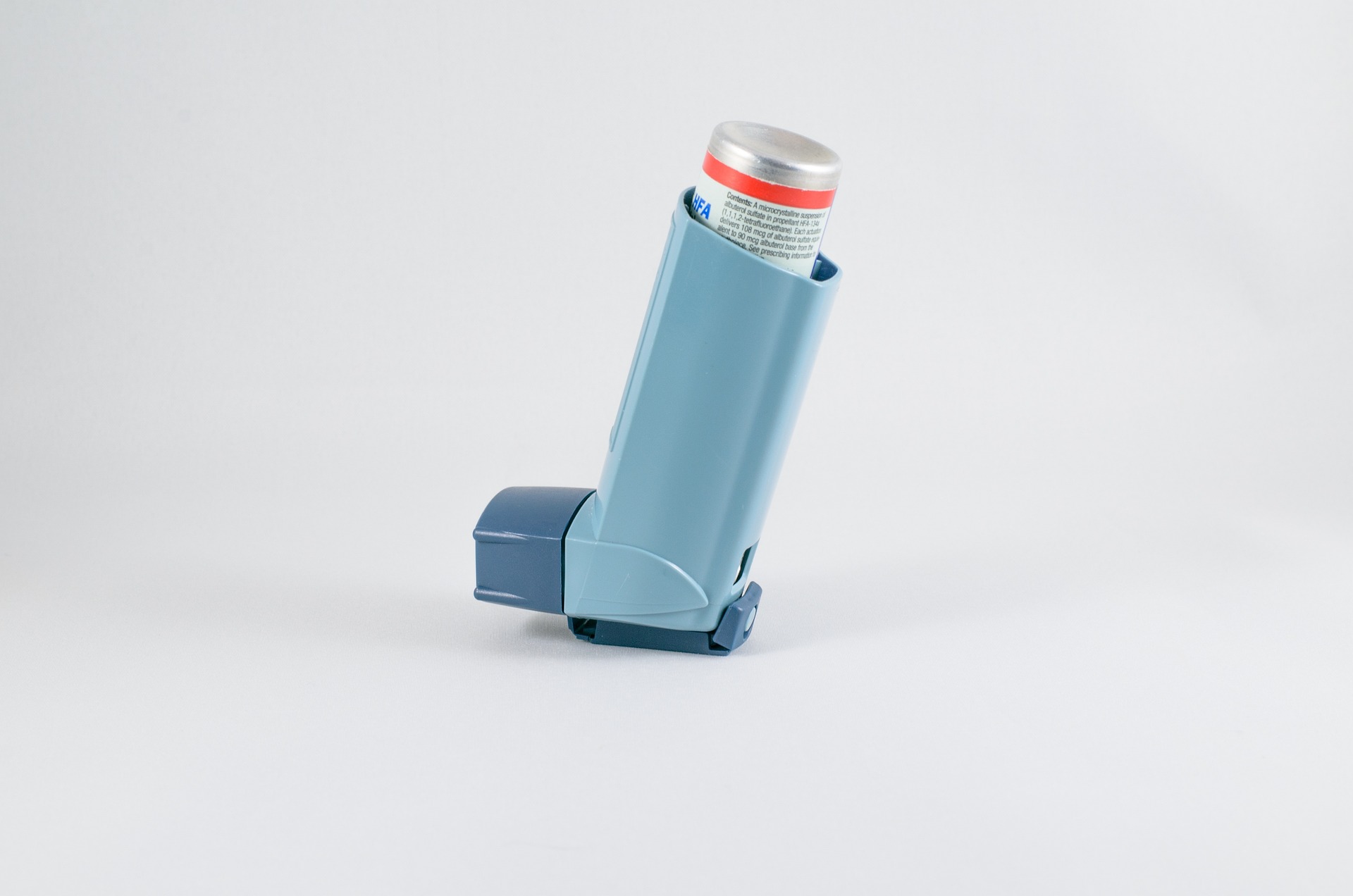Which vitamin deficiency causes hair loss?
Hair loss can be a concerning symptom of nutritional deficiencies, affecting both men and women of all ages. Understanding the relationship between vitamin deficiencies and hair health is crucial for maintaining healthy hair growth and preventing unnecessary hair loss. Multiple vitamin deficiencies can contribute to thinning hair and increased shedding, making it essential to identify and address these nutritional gaps.

How Do Vitamin Deficiencies Impact Hair Growth?
The hair growth cycle depends heavily on proper nutrition to maintain its normal function. When vitamin levels fall below optimal ranges, it can disrupt the hair growth cycle, leading to increased shedding and slower regrowth. Essential vitamins play vital roles in producing keratin, maintaining healthy follicles, and supporting cellular turnover necessary for healthy hair growth.
Which Vitamins Are Most Commonly Linked to Hair Loss?
Several key vitamin deficiencies are frequently associated with hair loss:
-
Vitamin D deficiency can lead to hair follicle cycling disruption
-
Vitamin B12 deficiency may cause premature hair loss and graying
-
Biotin (Vitamin B7) deficiency can result in brittle hair and increased shedding
-
Iron deficiency, while not a vitamin, often coincides with vitamin deficiencies and significantly impacts hair health
What Are the Signs of Vitamin-Related Hair Loss?
Identifying vitamin-related hair loss involves recognizing specific symptoms:
-
Diffuse thinning across the scalp
-
Increased hair shedding during washing or brushing
-
Brittle or dry hair texture
-
Slow hair growth
-
Changes in hair pigmentation
-
Scalp inflammation or irritation
How Does Diet Impact Hair Health and Vitamin Levels?
A balanced diet plays a fundamental role in maintaining healthy vitamin levels for optimal hair growth. Regular consumption of these nutrient-rich foods supports hair health:
-
Leafy greens for iron and vitamin C
-
Fatty fish for vitamin D and omega-3 fatty acids
-
Eggs for biotin and protein
-
Nuts and seeds for vitamin E and zinc
-
Whole grains for B vitamins
Can Vitamin Supplementation Help with Hair Loss?
The effectiveness of vitamin supplementation depends on individual deficiency levels and overall health status. Common vitamin supplements for hair health include:
| Vitamin Type | Daily Recommended Value | Common Supplement Forms |
|---|---|---|
| Vitamin D | 600-800 IU | Tablets, Softgels |
| Vitamin B12 | 2.4 mcg | Sublingual, Tablets |
| Biotin | 30-100 mcg | Capsules, Gummies |
| Iron | 8-18 mg | Tablets, Liquid |
Prices, rates, or cost estimates mentioned in this article are based on the latest available information but may change over time. Independent research is advised before making financial decisions.
How to Address Vitamin-Related Hair Loss
Addressing vitamin-related hair loss requires a comprehensive approach:
-
Consult healthcare providers for proper testing
-
Maintain a balanced, nutrient-rich diet
-
Consider appropriate supplementation when necessary
-
Monitor hair growth patterns and overall health
-
Address underlying health conditions that may affect vitamin absorption
This article is for informational purposes only and should not be considered medical advice. Please consult a qualified healthcare professional for personalized guidance and treatment.




